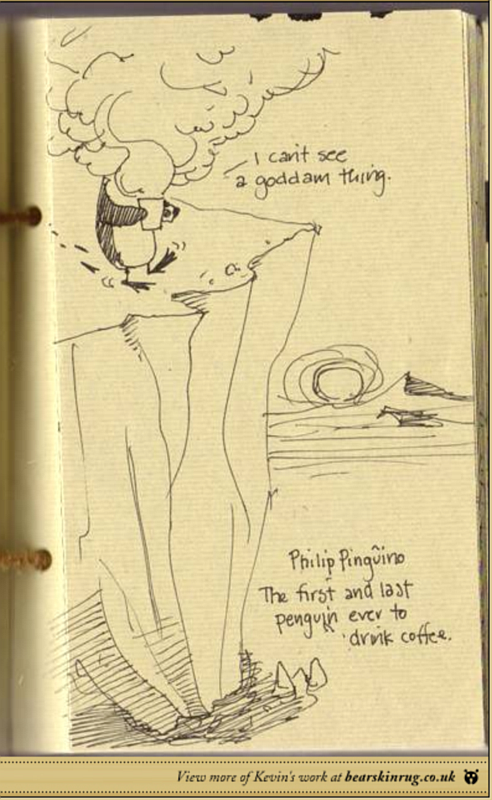21 Oct 2004
Let’s say you need an (approximate) count of the number of lines in a huge file. The most obvious way of calculating this would be using wc, but this actually can be quite slow:
> time wc -l /var/log/squid/access.log
2812824 /var/log/squid/access.log
real 0m43.988s
# (counting is done at 64.000 lines/sec)
21 Oct 2004
You have a huge file that contains one line per request/transaction. Some lines are of one type (e.g. ‘HIT’), some of another (e.g. MISS). Let’s say you want to calculate the hit-rate, but as fast as possible.
We take a Squid log file of about 140MB. How long does it take to count how many lines it has?
$ time wc -l /var/log/squid/access.log
845212 /var/log/squid/access.log
real 0m6.523s
(about 21.4 MB/s or 130.000 lines/s)
19 Oct 2004
If your Squid server logs the referers of its request (i.e.
- you’ve configured squid-cache with
--enable-referer-log before compiling and
- you’ve included a
referer_log /var/log/squid/referer.log in your squid.conf file),
you can easily show top 50 of most popular referers with a simple Bourne shell:
#!/bin/bash
19 Oct 2004
If you manage multiple RedHat servers, or if you just stumble on a Linux server, and you have no idea what kind of machine it is, nor what the version of the OS is, try the following commands:
11 Oct 2004

Well there’s a reputation well earned: Casablanca is one of the best films I’ve seen recently. I know it’s been out for a while (it was released in 1942) but I only bought the DVD last weekend. Great cast (Bogart as cool as a three-star freezer), strong script (Bergman torn between the two loves of her life, and then some WWII thrown in), and superb dialogues.
10 Oct 2004

If you’re interested in high level conversations on a wide range of topics, check out edge.org. Their motto: To arrive at the edge of the world’s knowledge, seek out the most complex and sophisticated minds, put them in a room together, and have them ask each other the questions they are asking themselves.
There’s fascinating stuff about quantum computing and black swan dynamics, but a piece in the last publication jumped out, a discussion on ‘A self worth having’:
04 Oct 2004
There are rumours that Google would be rolling out search functionality for audio files. It is true that currently no sound files (.wav, .mp3, .wma, .mov, .ogg, …) files can be found by Google’s “normal search”, except for the odd mis-indexed mp3 file.
Multimedia search is a fascinating topic, let’s talk about audio for a moment:
03 Oct 2004
Adobe has developed a new format for ‘raw’ camera files, called Digital Negative.
The DNG specifications (PDF) uses the following arguments for its existence:
26 Sep 2004
I remember house before it was techno
I remember house before it had an afro
I remember house before it was deep
I remember house before it was hard
I remember house when house had tempos
I remember house before mpc 60’s
I remember house before house had loops
I remember house before the whole world knew
“Do You Remember House” – Blaze
23 Sep 2004
Kevin Cornell is an illustrator from Philadelphia and has published his BearSkinRug sketchbook #1 on the web.



